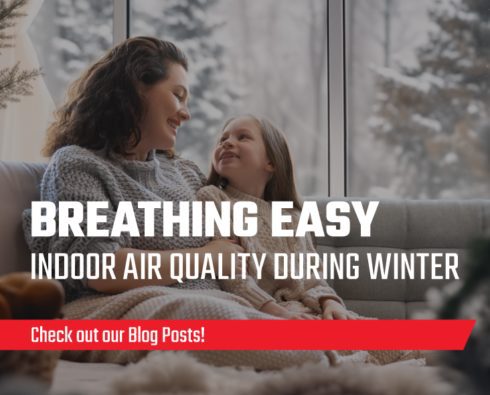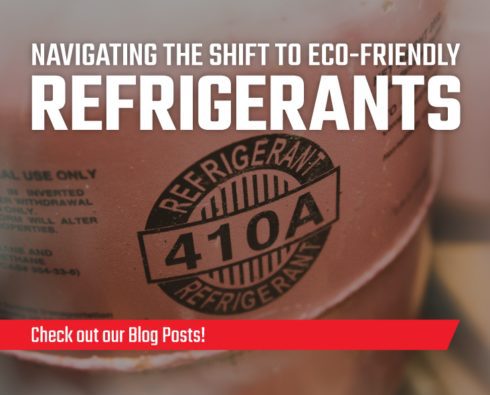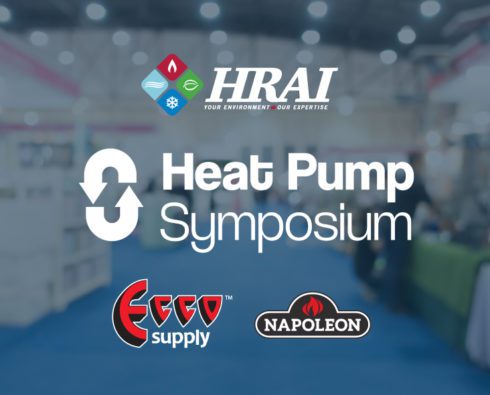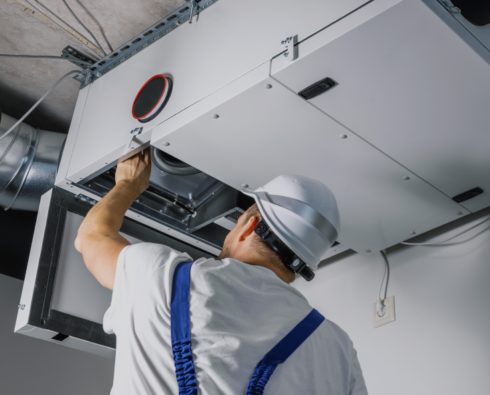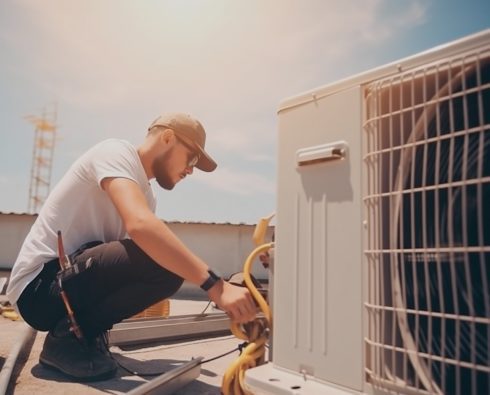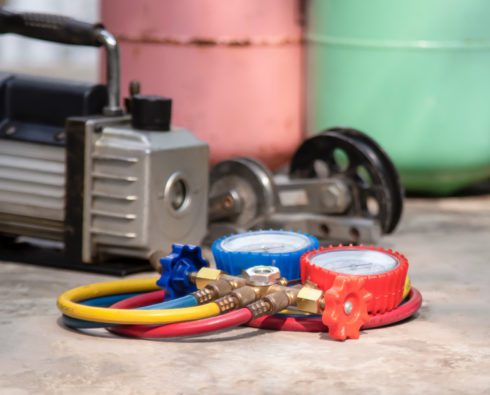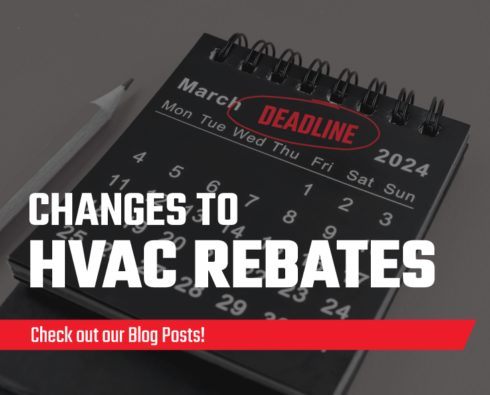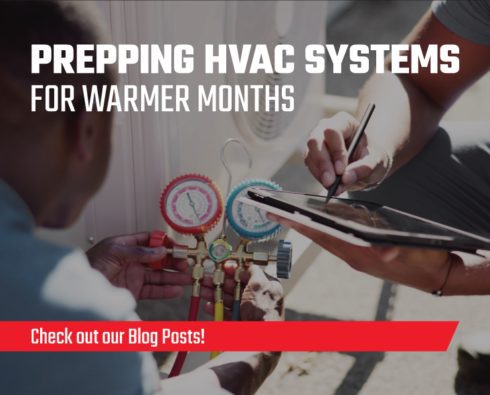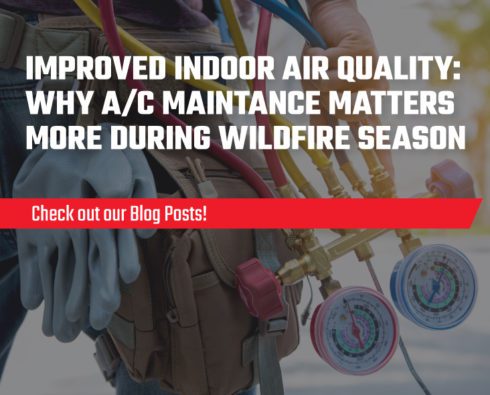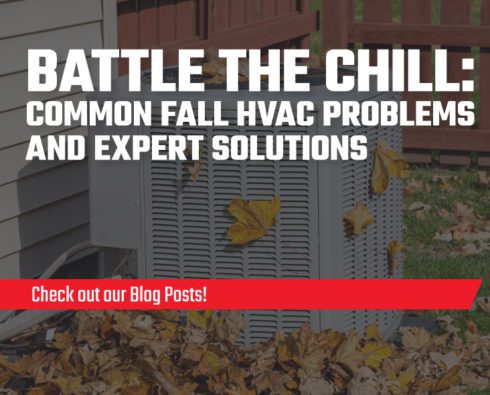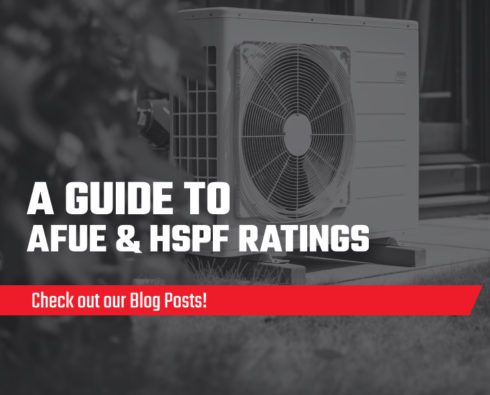
Optimizing HVAC Systems for Spring Allergies
Warmer weather and longer days aren’t the only things that come with the arrival of spring each year. It’s also when airborne allergens arrive annually, turning spring into a season of sneezes and mild to moderate health concerns for many.
HVAC systems can play an important role in reducing the effects of these allergens within homes, but only if they are well-maintained and set up correctly. In this post, we’ll cover four key areas where HVAC pros can help ensure homes are as allergen-free as possible: using the right filters, keeping humidity under control, incorporating air purifiers, and scheduling regular maintenance.
1 Using the right filters
The best place to start with allergen control is filter selection. HEPA filters are the ideal choice, as they can trap particles as small as 0.3 microns, including pollen, dust, and other common allergens. They’re not always the best choice, however.
System compatibility is the most important factor. For instance, it’s crucial to ensure that the HVAC system you’re working on can handle the added air resistance of high-efficiency filters without compromising airflow or system performance.
Recommend filters that are compatible with the system’s specifications. If HEPA and other high-efficiency filters aren’t compatible, explain to the homeowner why using a filter that doesn’t impede airflow is more important.
2 Keeping humidity under control
Proper humidity levels are essential for both comfort and air quality. Excessive humidity can promote mould growth and dust mite populations, while low humidity can exacerbate respiratory symptoms.
Integrating whole-home dehumidifiers or humidifiers into HVAC systems allows for more precise indoor humidity control, ideally maintaining levels between 30-50%.
These solutions are best proposed in homes with excessively high or low humidity levels. Whole-home dehumidifiers are a significant investment for a homeowner and can be a hard upsell during a consultation or service call. In these cases, a small one-room standalone dehumidifier is recommended as a test to help the homeowner see the value of keeping humidity at the right levels.
3 Incorporating air purifiers
Adding air purifiers can enhance indoor air quality by removing airborne allergens, odours, and volatile organic compounds (VOCs). This is especially useful for homes with HVAC systems that aren’t compatible with HEPA or activated carbon filters.
When discussing options with homeowners, recommend air purifiers that can be integrated into their existing system. Standalone air purifiers have their limitations, and whole-home air purification that’s integrated directly into the HVAC system is not only more effective but also more user-friendly.
4 Scheduling maintenance checks
Regular maintenance is critical for the optimal performance of HVAC systems, especially during the allergy season. Outdoor units should be kept clear of debris and vegetation to maintain proper airflow, and regular professional checks should be done to detect and address any potential issues before they impact system performance or indoor air quality.
Encourage homeowners to adhere to a maintenance schedule that includes filter replacements every 30 to 90 days, depending on the home’s specific needs and filter type.
Key takeaways on reducing home allergens
By selecting the right filters, maintaining proper indoor humidity levels, incorporating air purifiers, and adhering to a regular maintenance schedule, HVAC pros can significantly reduce allergens within a home.
Educating homeowners on the importance of these measures and the health benefits they bring is also an important role for HVAC pros. This can lead to upsells, increased sales, and new repeat customers who value the level of service a trusted consultant provides.



